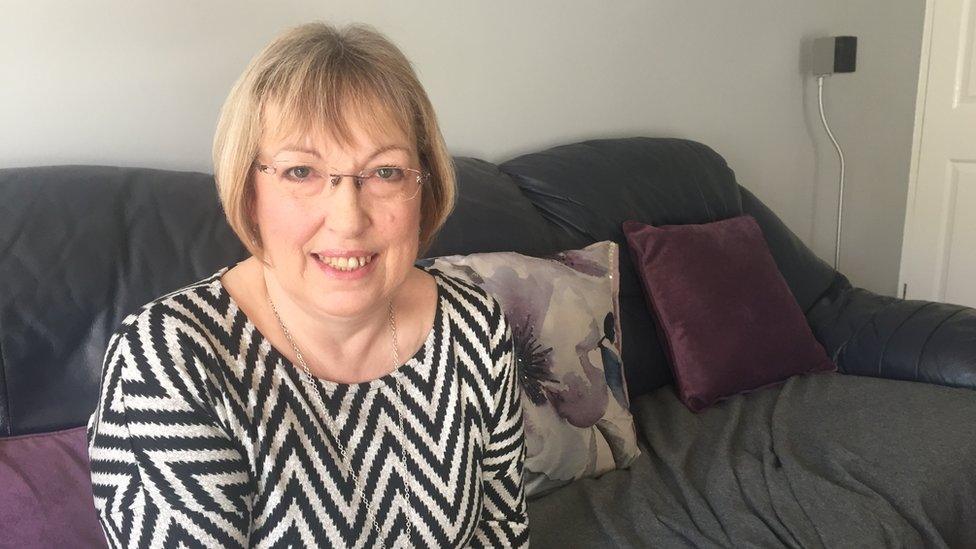Arthritis: 'Doctors said I was three hours from death'
- Published
Lowri Wynn Jones was diagnosed with rheumatoid arthritis aged 27
When Lowri Wynn Morgan began to feel pain and stiffness in her hands in her mid 20s - arthritis was the last thing on her mind.
But the barrister from Grosmont, near Abergavenny in Monmouthshire, was eventually diagnosed aged 27.
Doctors said her medication almost proved to be fatal when she developed an infection which led to sepsis.
"It would be of real benefit to young sufferers to know they are not unusual or strange," she said.
Now 32, Ms Wynn Morgan admits it was a "shock" for family and friends to learn that she had arthritis given its rarity in young people.
"At first the doctor wasn't overly concerned and just put it down to aches and pains," she said.
"More awareness is needed that arthritis affects younger people. The stock response is, 'you're not old enough to have arthritis.' But I am."
Less than 0.5% of people aged 15 - 34 are affected by rheumatoid arthritis.
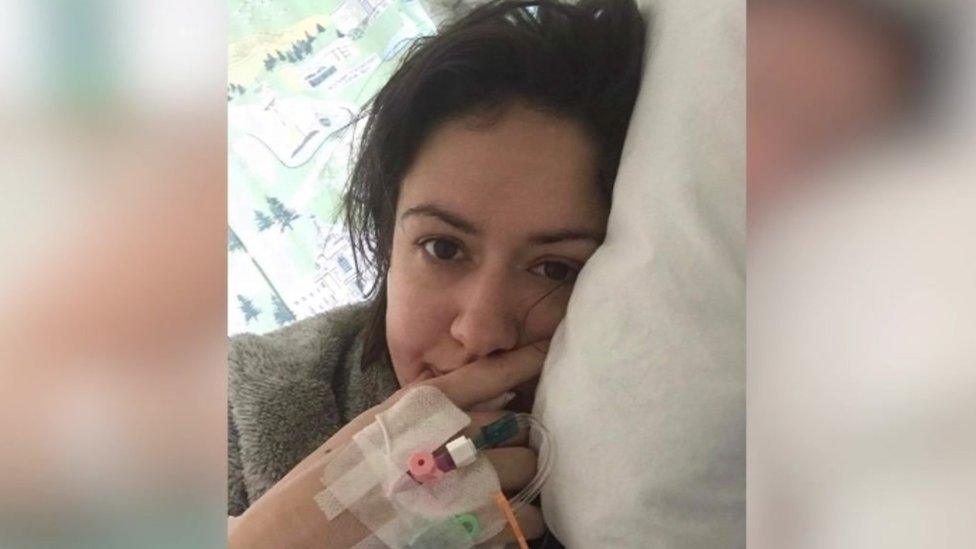
Lowri Wynn Morgan was "three hours from death" after developing sepsis
The medication Ms Wynn Morgan was taking for the constant pain in her feet, back and shoulders affected her speech and caused some of her hair to fall out.
It also made her susceptible to infection and in 2017, a serious kidney infection developed into sepsis.
"I wasn't fully aware of the risks and according to the doctors in A&E, I was three hours away from dying from the sepsis," she said.
"That has been a huge shock. I now realise I need to take a lot better care of myself. But I know the general prognosis is that it's likely to get worse as I get older."

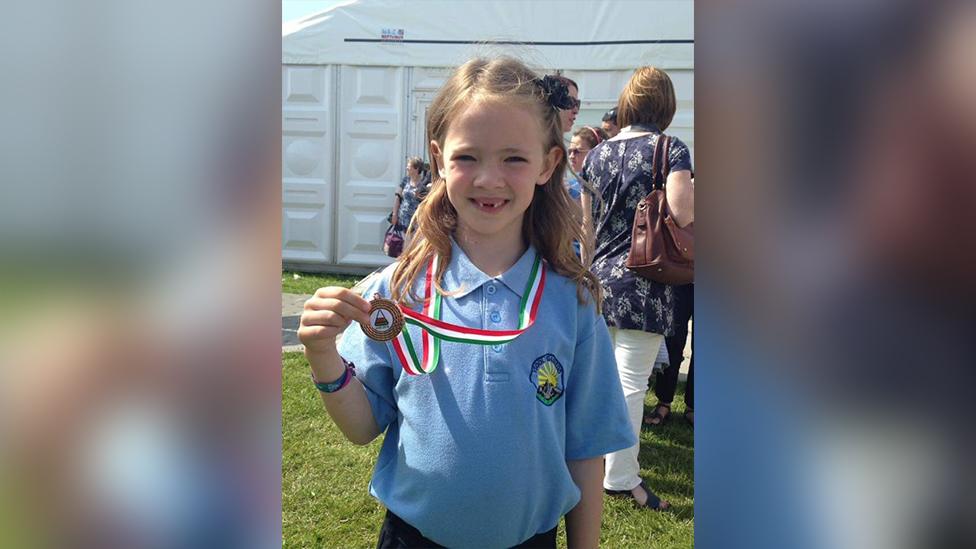
Fflur developed the first signs of juvenile idiopathic arthritis when she was aged five.
She said her knees hurt so much she could not walk down the stairs, her parents thought she was being silly.
The debilitating condition affects one in every 1,000 children in the UK, but Wales does not have any full-time paediatric arthritis specialists.
Wales' shortage of paediatric rheumatologists means Fflur has to travel to Alder Hey Hospital in Liverpool for treatment.
Welsh Government funding has now been agreed for a new service in Cardiff.
Fflur, now 10, often had to be carried downstairs by her parents who, at first, grew frustrated.
They thought she was joking when she said she could not turn her head and it was only when she was unable to perform a certain move during a ballet lesson that her disease came to light.
"My knees and neck hurt and I couldn't speak properly but I don't let my arthritis stop me doing any of the things I love doing," she said.
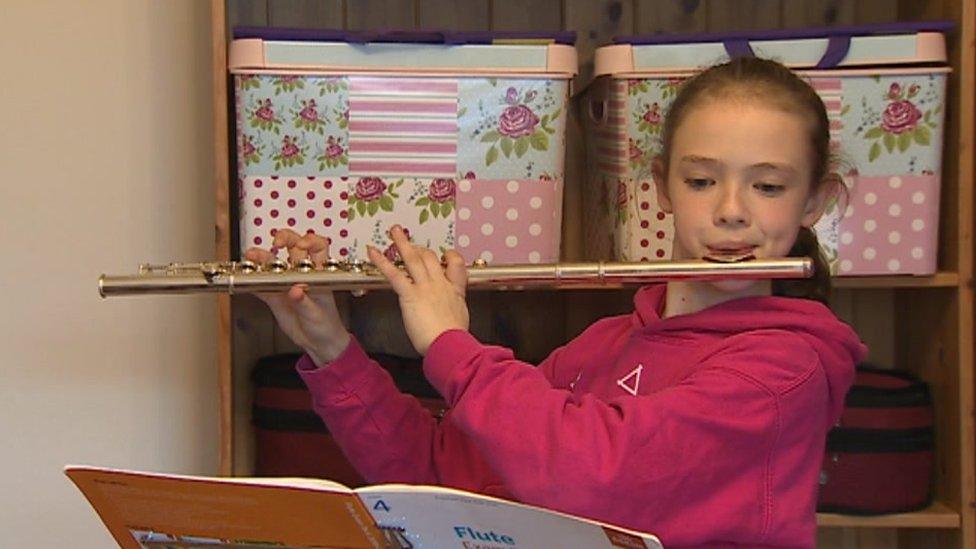
Children with arthritis can live full lives as treatment has "dramatically" improved
Fflur, who lives in Llanfairpwll on Anglesey, can continue her passion for dance, acting and music with daily tablets and injections every fortnight.
"People are really surprised that Fflur has arthritis because they don't expect someone so young or energetic to have the condition," said her mother Anwen Edwards.
"She still leads an active life but the problem is that expertise for treatment isn't available locally."
Wales is the only country in the UK without a full-time paediatric rheumatology service.
The National Rheumatoid Arthritis Society said getting a diagnosis could be difficult because symptoms were sometimes put down to growing pains and arthritis was "often the last thing" parents would consider.
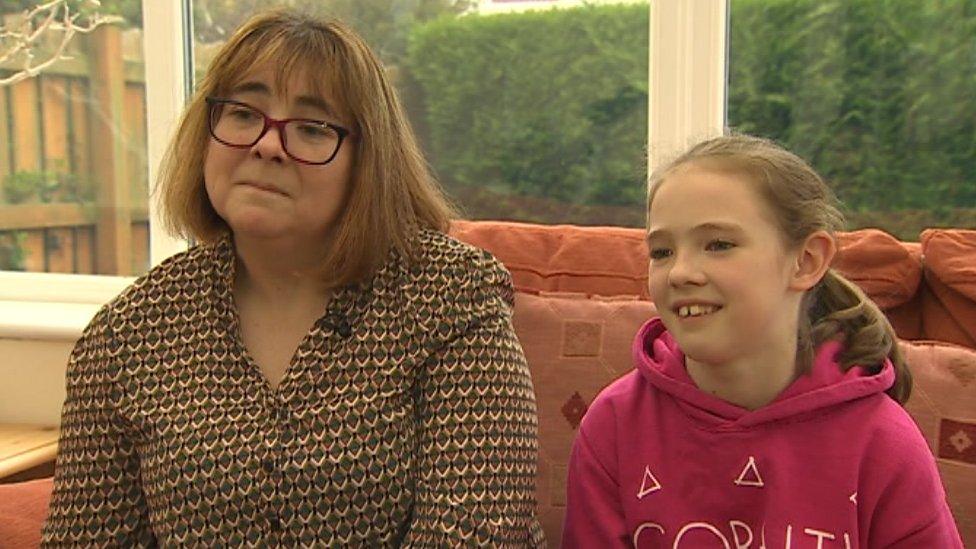
About 30-50% of children will take the disease into adulthood
Mary Cowern, Wales director at Versus Arthritis, said many people with arthritis, particularly younger people, "hide the true impact" the disease has on their lives.
An estimated 800,000 people in Wales have arthritis and related conditions and there are seven unfilled rheumatology consultancy posts in Wales.
Dr Ceril Rhys-Dillon, a rheumatology consultant at Royal Glamorgan Hospital, said health boards were "underperforming" as a result.
"They cannot perform and deliver the services they need to because they are so stretched," she added.
"It's an enormous problem for patients in Wales to access the right help when they staff is not in place."
The Welsh Government said it "fully aware" of the impact of arthritis.
A spokeswoman added: "That is why funding has been agreed for a new paediatric rheumatology service which will be provided by Cardiff and Vale University Health Board.
"We are also actively working with health boards to recruit additional rheumatology consultants through our Train Work Live campaign."
- Attribution
- Published25 October 2018

- Published13 June 2018
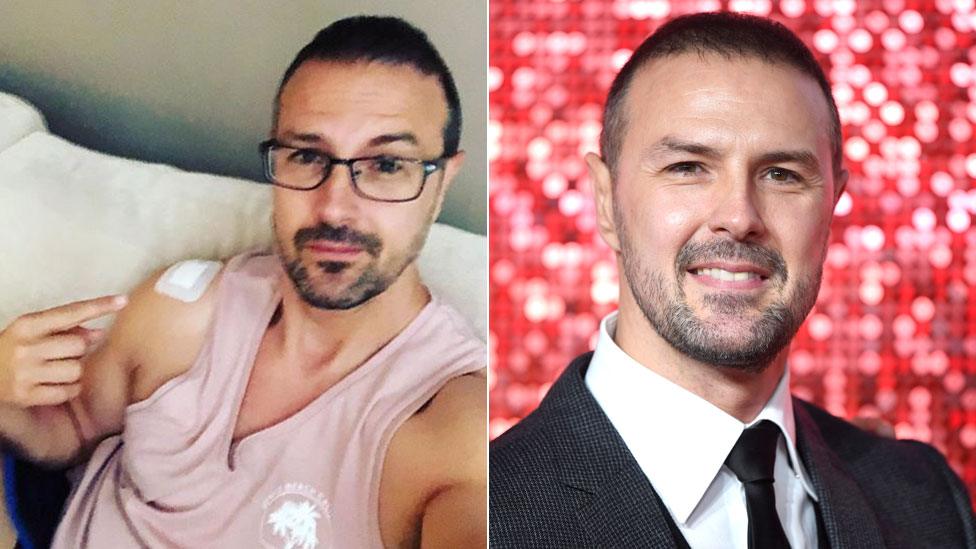
- Published3 January 2018
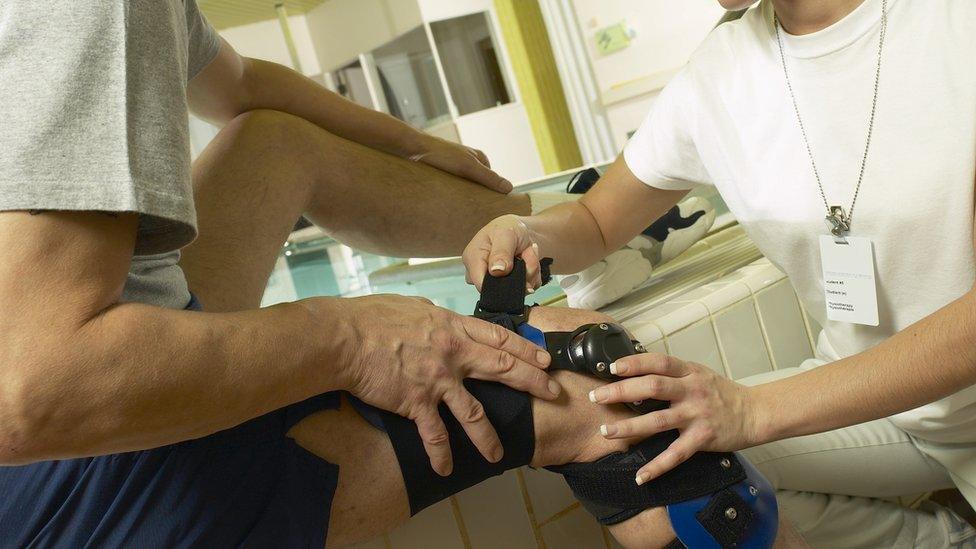
- Published22 February 2017
